Sammy and Juliana in Hollywood
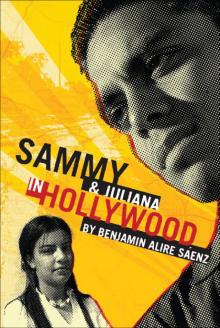

Author: Benjamin Alire Sáenz
Category: Other2
Published: 2011
Series:
View: 219
Read OnlineThe "Hollywood" where Sammy Santos and Juliana Rios live is not the West Coast one, the one with all the glitz and glitter. This Hollywood is a tough barrio at the edge of a small town in southern New Mexico. Sammy and this friends--members of the 1969 high school graduating class--face a world of racism, dress codes, war in Vietnam and barrio violence. In the summer before his senior year begins, Sammy falls in love with Juliana, a girl whose tough veneer disguises a world of hurt. By summer's end, Juliana is dead. Sammy grieves, and in his grief, the memory of Juliana becomes his guide through this difficult year. Sammy is a smart kid, but he's angry. He's angry about Juliana's death, he's angry about the poverty his father and his sister must endure, he's angry at his high school and its thinly disguised gringo racism, and he's angry he might not be able to go to college. Benjamin Alire Saenz, evoking the bittersweet ambience found in such novels as McMurtry's "The Last Picture Show," captures the essence of what it meant to grow up Chicano in small-town America in the late 1960s.
Benjamin Alire Saenz--novelist, poet, essayist and writer of children's books--is at the forefront of the emerging Latino literatures. He has received both the Wallace Stegner Fellowship and the Lannan Fellowship, and is a recipient of the American Book Award. Born Mexican-American Catholic in the rural community of Picacho, New Mexico, he now teaches at the University of Texas at El Paso, and considers himself a "fronterizo," a person of the border.
Benjamin Alire Saenz--novelist, poet, essayist and writer of children's books--is at the forefront of the emerging Latino literatures. He has received both the Wallace Stegner Fellowship and the Lannan Fellowship, and is a recipient of the American Book Award. Born Mexican-American Catholic in the rural community of Picacho, New Mexico, he now teaches at the University of Texas at El Paso, and considers himself a "fronterizo," a person of the border.
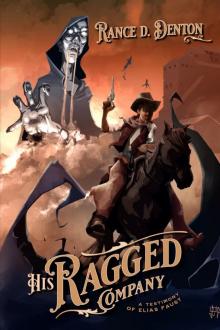 His Ragged Company
His Ragged Company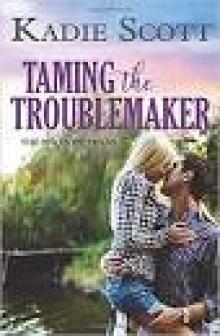 Taming the Troublemaker (The Hills of Texas Book 3)
Taming the Troublemaker (The Hills of Texas Book 3)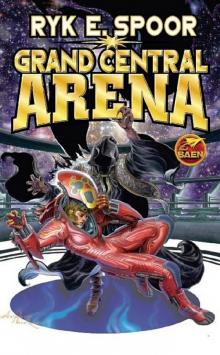 Grand Central Arena
Grand Central Arena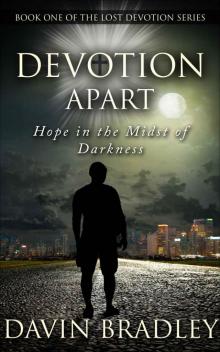 Devotion Apart
Devotion Apart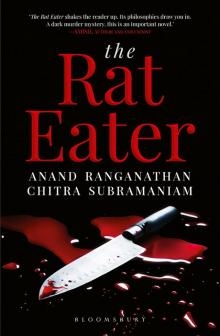 The Rat Eater
The Rat Eater Enchanted Ever After
Enchanted Ever After Virile (Whiskey Run: Savage Ink Book 1)
Virile (Whiskey Run: Savage Ink Book 1)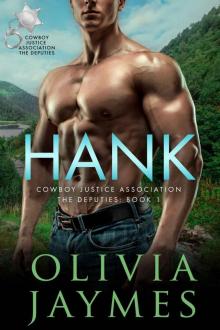 Hank
Hank